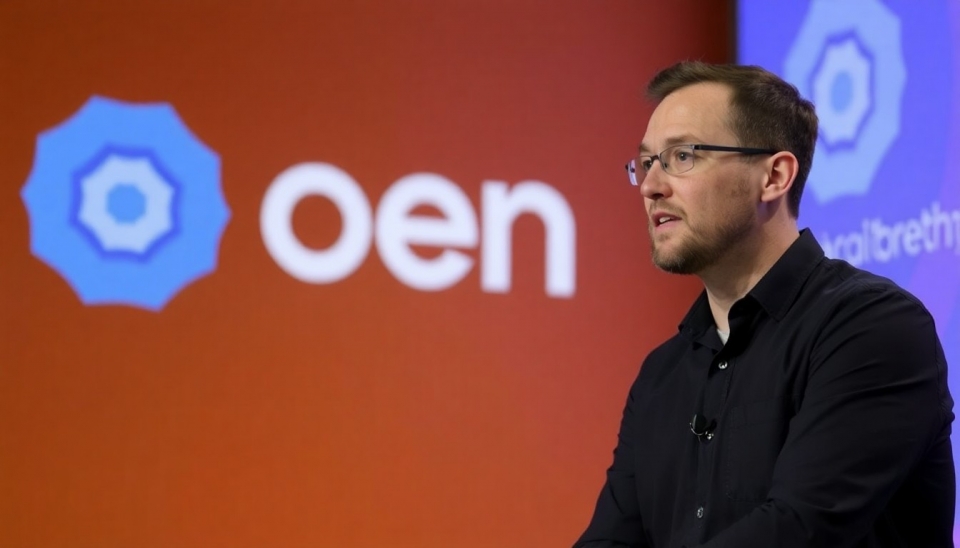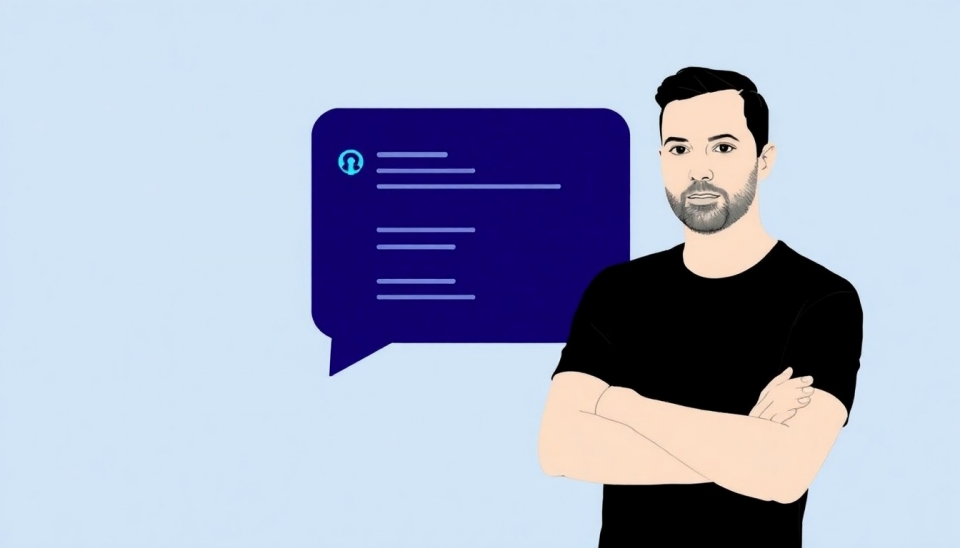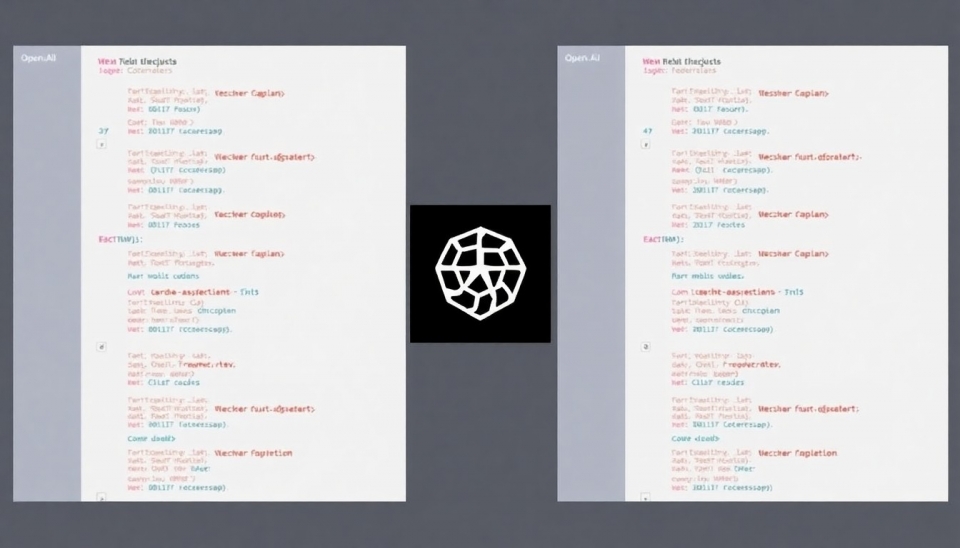
In a significant turn of events, several former employees of OpenAI have aligned themselves with Elon Musk in a legal effort aimed at blocking a planned restructuring of the artificial intelligence firm. This move follows Musk's high-profile departure from the organization he helped co-found, raising questions about the future trajectory of OpenAI and its role in the rapidly evolving AI landscape.
The backdrop to this conflict lies in the ongoing debates surrounding the direction of artificial intelligence and the ethical implications of its advancement. With the increasing influence of major AI firms, matters of governance, transparency, and accountability have become paramount. As Musk has been vocal about his concerns regarding the unchecked development of AI technologies, his legal maneuvers appear poised to challenge the current leadership and strategic decisions made by OpenAI's remaining board members.
Insiders reveal that the legal claim from Musk and the former staff is premised on the assertion that the restructuring plans currently being discussed might divert OpenAI from its original mission of promoting safe and beneficial AI. By restructuring, they argue, the organization risks prioritizing commercial interests over ethical considerations.
Furthermore, this legal action adds a new dimension to the already heightened scrutiny surrounding AI advancements and raises the stakes for industry players. OpenAI, which has become a central player in the field, is seen as a benchmark for responsible AI development, making this internal rift particularly impactful.
As a part of their argument, Musk and the former employees have raised concerns regarding the board's transparency regarding the restructuring process. They allege that necessary discussions about the potential impacts and the long-term vision for OpenAI have not been adequately communicated to stakeholders, prompting the legal challenge as a means of pushing back against perceived mismanagement.
This legal conflict is set against a backdrop of increasing competition in the artificial intelligence sector, where various tech companies are racing to capitalize on the potential of AI technologies. Observers indicate that if Musk and the former OpenAI staff succeed, it could set a precedent about the power dynamics within tech boards and how company structures can be challenged by founding members or former employees.
The implications of this legal fight extend beyond just OpenAI and Musk. It signals a growing trend in the tech industry where former executives and employees are willing to take a stand against corporate decisions that they feel could undermine foundational values and ethical responsibilities. As the case unfolds, it will be closely watched by industry stakeholders and experts alike.
In conclusion, the upcoming legal proceedings promise to shed light on critical questions about governance in the tech industry, the responsibilities of those shaping AI's future, and the delicate balance between innovation and ethical stewardship. Analysts are bracing for the potential fallout, which could redefine corporate relationships within the tech sector and influence the narrative surrounding artificial intelligence development for years to come.
#OpenAI #ElonMusk #AI #TechNews #LegalBattle #ArtificialIntelligence #Restructuring #CorporateGovernance
Author: Emily Collins




